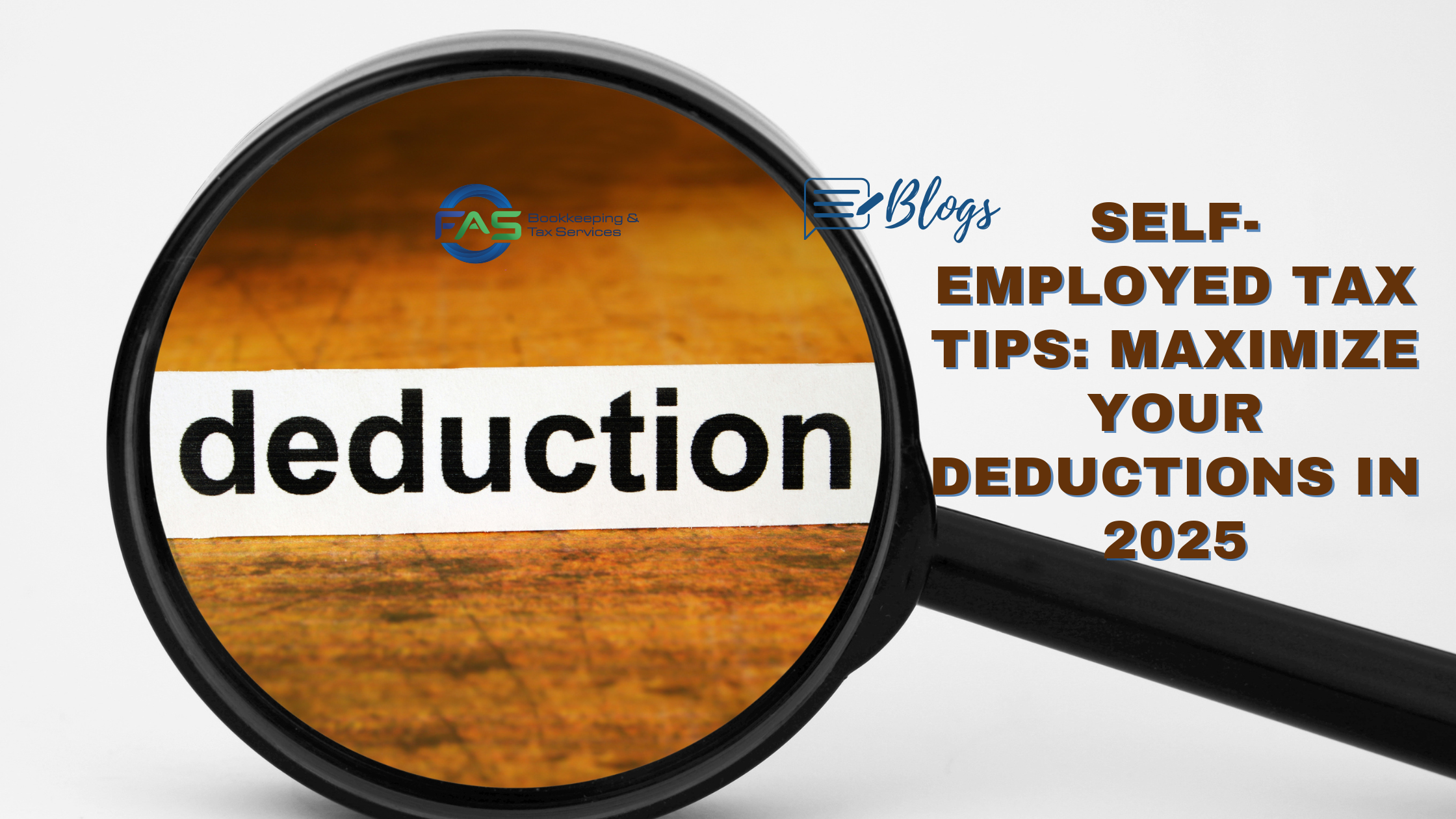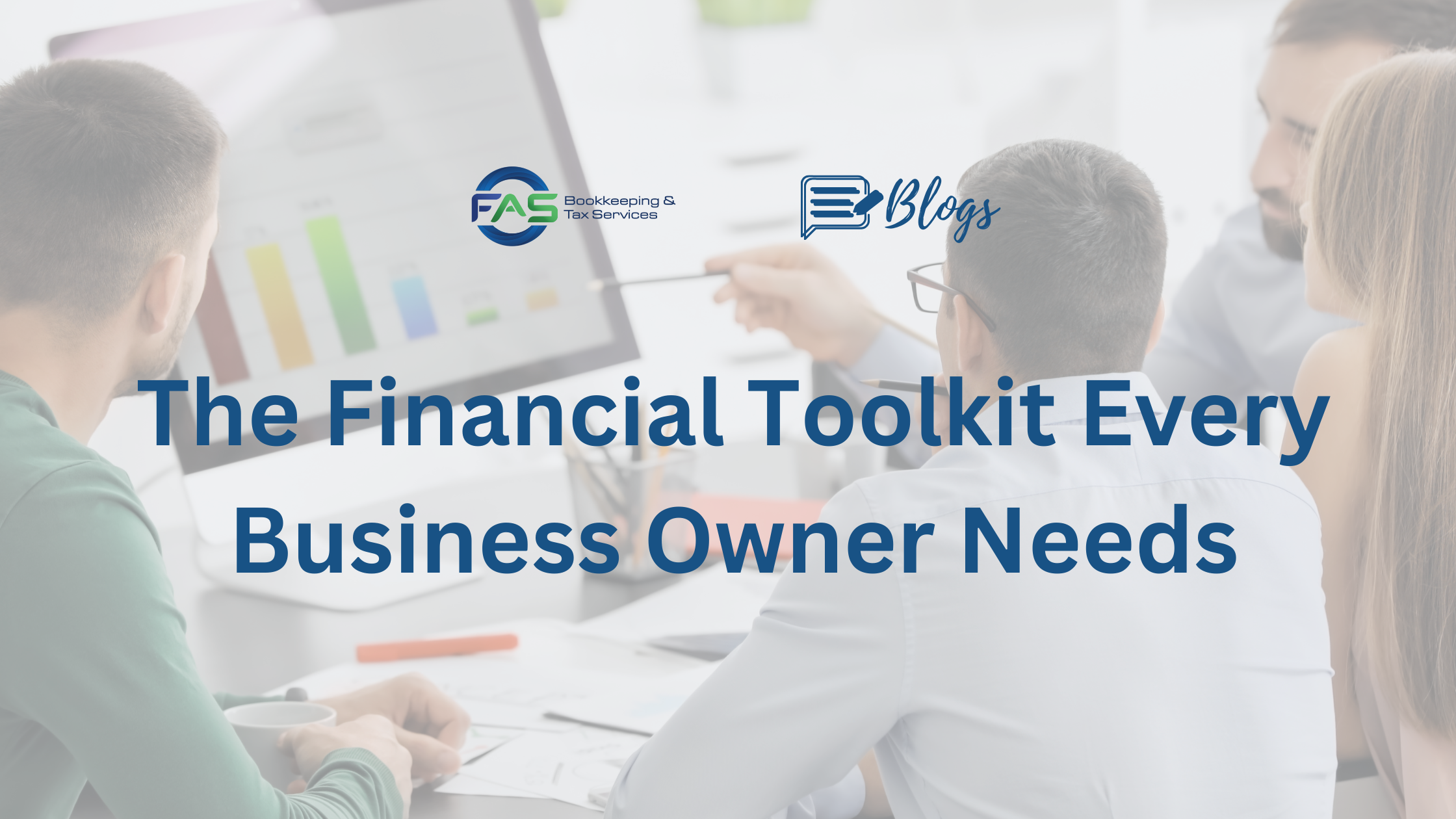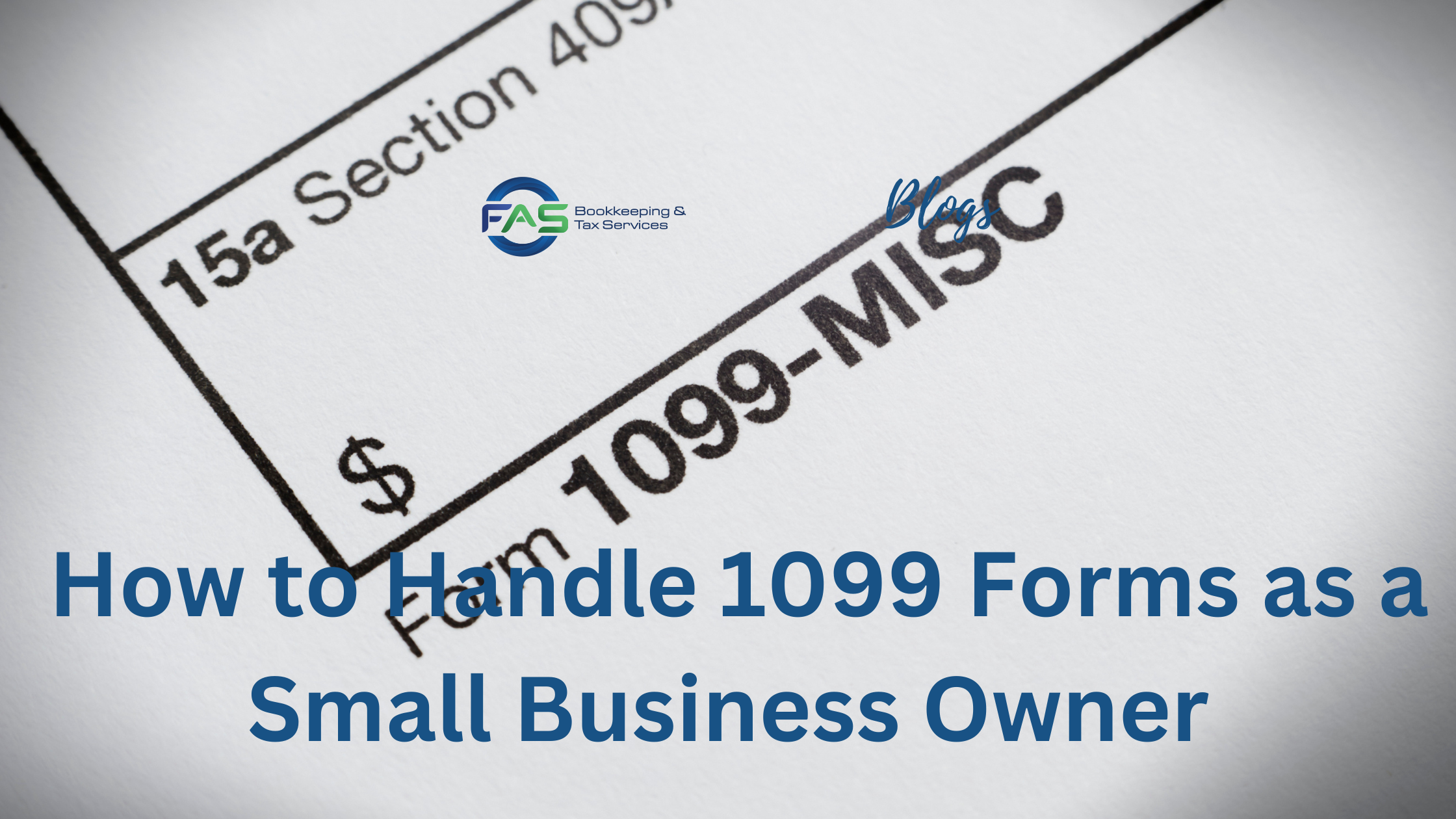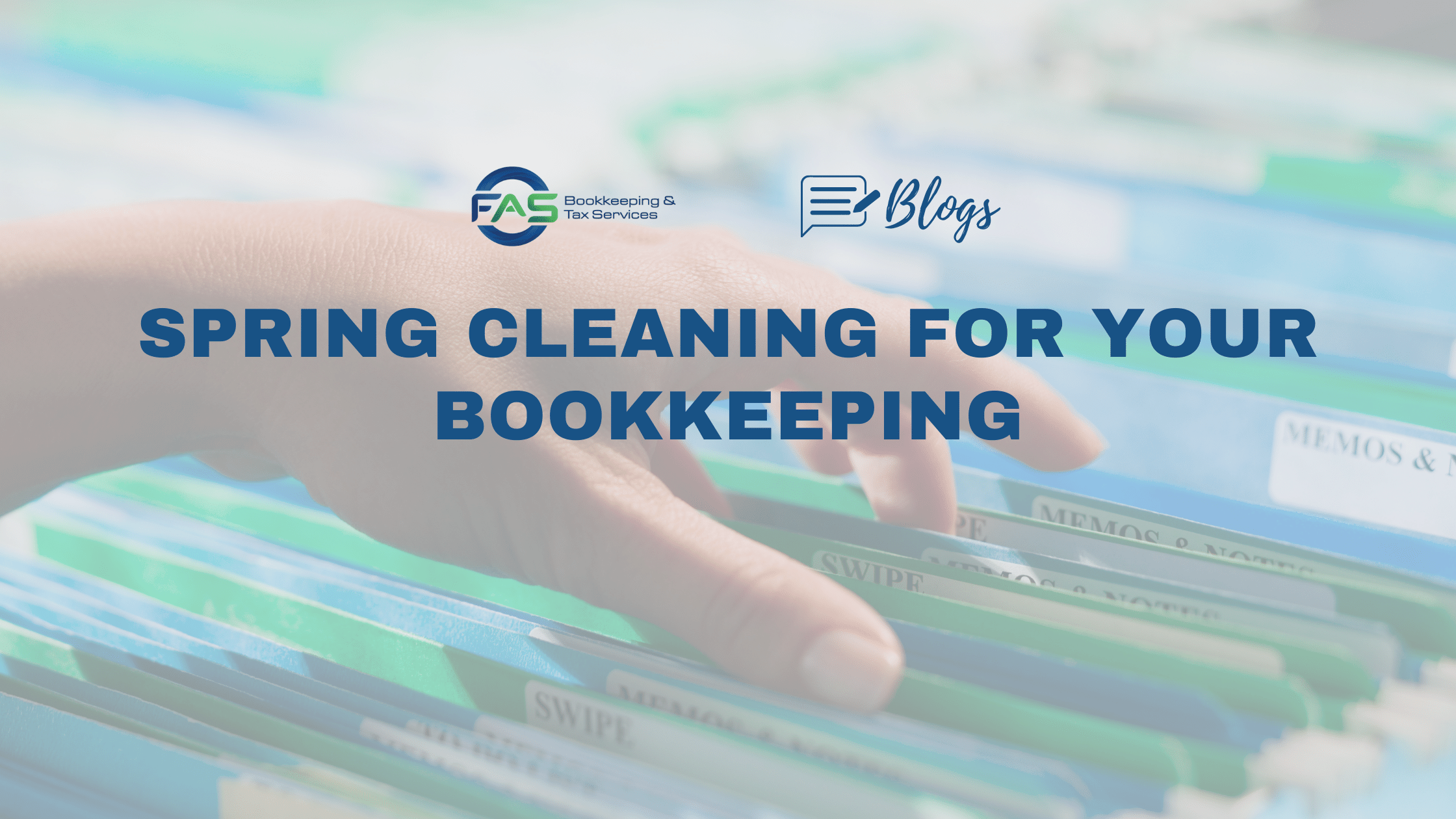Bookkeeping clean up tips post-tax day.
For a lot of people, tax time is the absolute worst. But for small business owners, this period is when you can really get a lot of cleaning done. After months of bookkeeping work — invoicing, paying vendors and employees, etc — you’ll have stacks of paperwork to clean up! This can be overwhelming if you don’t know where to start. Well, here are some tips to help make spring cleaning for your bookkeeping easier.
Embrace being paperless
 It’s the 21st century, get out of the 20th! So here’s a bookkeeping clean up tip that might not seem obvious but a lot of small businesses are still using papers for billings, checks, and proposals. Some small business owners think that it saves them more, but it’s the contrary. Sticking with literal paper when doing your business paperwork costs small business owners more time, and money, and increases the chances of financial data leaking out to unscrupulous individuals.
It’s the 21st century, get out of the 20th! So here’s a bookkeeping clean up tip that might not seem obvious but a lot of small businesses are still using papers for billings, checks, and proposals. Some small business owners think that it saves them more, but it’s the contrary. Sticking with literal paper when doing your business paperwork costs small business owners more time, and money, and increases the chances of financial data leaking out to unscrupulous individuals.
Most people think that going paperless means you have to get rid of all your papers and then scan them into some fancy technology system, but that’s incorrect. To go paperless, you just have to stop creating new papers, not eliminate existing ones. That can be done by simply switching to digital records instead of paper ones.
You may be thinking it’s easier just to keep on doing what you’re doing because it doesn’t seem like it takes that much time or effort for someone to pick up the phone, call the office supply store, and order more toner for the printer. But if you look deeper, you’ll see there are a lot of hidden costs associated with keeping physical copies of all your documents.
The cost of printer cartridges isn’t cheap, and that’s just one of the costs associated with printing everything out. You also need to consider the cost of space in your office, both in terms of square footage as well as energy use.
Once you switch your business over to being paperless, you will experience these benefits right away:
- Reduction in office expenses
- Efficiency is improved
- Your financial documents are better secured
Going paperless also gives you the benefit of being able to access all of your documents at anytime and anywhere! A benefit you can get by acquiring cloud-based services for your business.
Credit card and Bank Statements
If you’ve already moved to online banking and credit card statement downloads, it’s easy to go a step further with electronic bank statements, check copies, and credit card statements.
E-statements are great for the environment and can make your financial life easier. They’re also free! And if you’re concerned about privacy or security, electronic documents are more secure than paper.
An added benefit of online banking is its ability to integrate with most paperless bookkeeping systems such as QuickBooks Online. It’s like hitting two birds with one stone!
Bills, Invoices, and Payroll
Sending bills and invoices to your clients or customers is one of the biggest paper muncher in your small business operation. Bills and invoices carry a lot of information with them, which requires a lot of paper for printing. Not to mention the paper envelope it’s enclosed in!
Aside from that, you still need to remit payments to your vendors. These payment remittances cost a lot when you think about it. The checkbook cost, mailing cost, stamp cost, and of course you also have to make several copies of the payment for good measure.
You can avoid all of the costs and hassle by transitioning to simple click payments or automated scheduled payments that are offered by online payment providers like Bill.com. Transitioning to this paperless method of paying your vendors is a great way to lower expenses and at the same time reduce your small business’ carbon footprint.
Your small business payroll is another area where you can go paperless to further decrease administrative costs! Timesheets, paychecks, and other incidental use of paper can be eliminated by using going digital!
Financial Reports and Spreadsheets
 Bookkeeping clean up is easier if your business has embraced being paperless, you can start transitioning to a cloud-based bookkeeping system like QuickBooks Online! You will experience the benefits of switching to this new bookkeeping system immediately. Not only will cloud-based bookkeeping services cut your use of paper, but it also makes your life easier because most of these services have the capability of being integrated with your bank!
Bookkeeping clean up is easier if your business has embraced being paperless, you can start transitioning to a cloud-based bookkeeping system like QuickBooks Online! You will experience the benefits of switching to this new bookkeeping system immediately. Not only will cloud-based bookkeeping services cut your use of paper, but it also makes your life easier because most of these services have the capability of being integrated with your bank!
Cloud-based bookkeeping systems let you manage your entire bookkeeping operation wherever you are—at home, at the office, or on the road—giving you access to reports and key performance indicators (KPI’S) from your laptop or smartphone. You can pass control of your financial data to non-bookkeeping staff without compromising security or having to leave your briefcase behind.
Strat Talk, Strut Walk
Now that tax season is behind us, it’s a good time to step back and take a look at the long-term picture when it comes to your finances.
The process of managing your finances is more than just keeping track of your day-to-day gains and expenses—it’s as much about planning for the future as it is about looking back on the past.
In fact, we find that our clients who engage in strategic financial planning tend to benefit from having a clearer view of their priorities and goals than those who don’t.
So, what does strategic financial planning look like? There are many ways you can do this. You might hire a contract CFO to help you with a short-term project, such as helping you expand into new markets or creating succession plans for leaders who are transitioning into new roles. Or maybe you’ll want to set aside some time to simply discuss your goals with a professional.
For example, one way our clients have benefitted from strategic planning is by improving their cash flow forecasting. This allows them to manage their resources more effectively and plan for opportunities down the road.
Think Tech!
 Are you happy with the technology your business is currently using? It might be time to take a look at your small business’ tech setup.
Are you happy with the technology your business is currently using? It might be time to take a look at your small business’ tech setup.
If not, now is the time to start testing alternatives. Identify any shortcomings and plan ahead. I’ve seen plenty of questions crop up last-minute on social media from practitioners fed up with their current solutions, simply because they’re just not doing what they need them to do.
Once tax season kicks in, you’ll be running at full speed. Don’t let yourself get bogged down by inadequate tools and technologies.
Also consider other tools which could help you out even if you haven’t been using them yet – document-sharing solutions, or platforms that allow online submission of expenses and documents directly to you, for example. These could be a great win! You may also notice that some of your clients will need to make a few tweaks and/or updates to be in line with your technology stack.
Talk with your Bookkeeper
All of these bookkeeping clean up tips can be combined into one solution! Talk with your bookkeeper. They know a lot about your business, not only on the financial side but also on the operational side. They know this because they see your financial records in real-time. Bookkeepers know if your operational expenses are getting out of hand or if cash flow is on the negative. They can help you identify the areas that need improvement and provide suggestions that you can take.
Don’t have a bookkeeper yet? Don’t worry our experienced bookkeepers are always at the ready to help you out! Send us a message today and we’ll help you run your business smoother!





